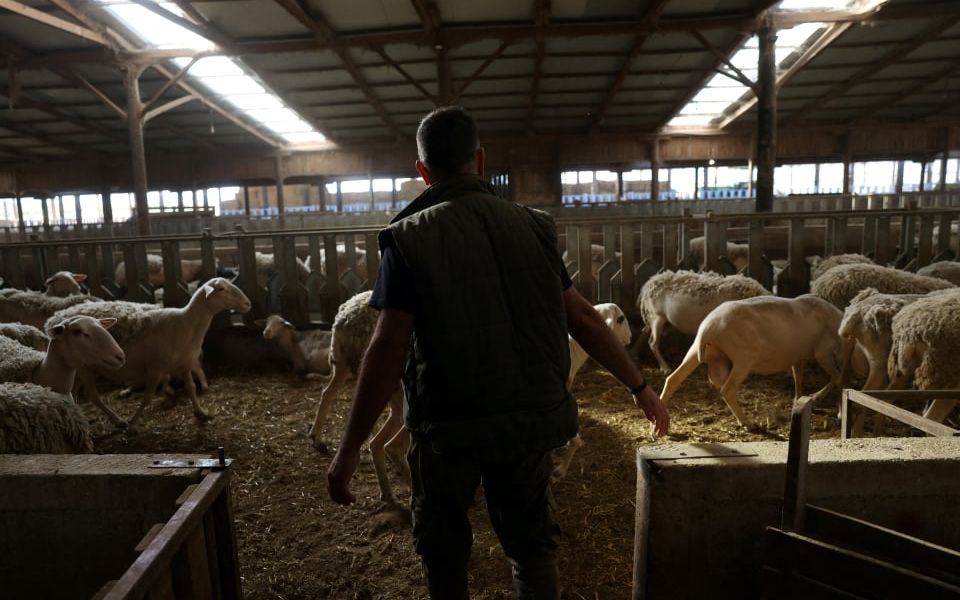Greece will suspend tax and insurance obligations for livestock farmers who lost animals in recent sheep pox outbreaks, Rural Development and Food Minister Costas Tsiaras told Parliament.
“We have already drafted a provision for the suspension of tax and insurance obligations for livestock farmers whose animals have been killed and the passage of the provision is imminent,” Tsiaras said, answering topical questions.
He said that under EU rules Greece must follow mandatory steps to control zoonoses, including sheep pox and plague. On compensation, Tsiaras added that payments to farmers are higher than in other EU countries: “No other country compensates if it is established that all biosecurity measures have not been taken,” he said.
In addition to a 63 million euros de minimis subsidy for animal feed (valid until June 2025), another €20 million has been approved for direct compensation. “The effort to rebuild the livestock — by finding the appropriate financial tool — will be made,” he said, noting EU rules currently limit further action while sheep pox remains active.
The Hellenic Livestock Association estimates damages of more than €350 million over the past 14 months. More than 300,000 animals have died from sheep pox and a further 110,000 from other diseases including bluetongue and plague of small ruminants; total livestock numbers have fallen to an estimated six million. Outbreaks continue in Thrace, Thessaly, Achaia, Serres and Imathia.
“The entire primary sector cannot be at risk for feta exports,” said Dimitris Moschos, president of the livestock association, as farmers press for vaccination. The ministry has so far declined mass vaccination over trade concerns, though the European Commission recently urged Greece to tighten control measures and “seriously consider” universal vaccination.
Experts stress the disease poses no risk to humans and does not affect milk or meat from infected animals.
Source - https://www.ekathimerini.com













